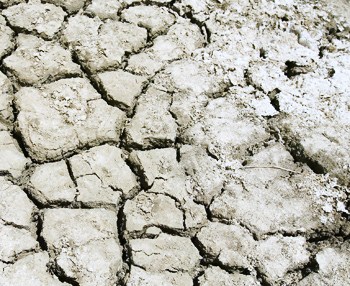Sometimes I wonder what it might feel like to be something else. Swedish, maybe. It would feel so different to be known for ABBA, lingonberry jam, and ready-to-assemble furniture with a birch veneer. I could be wrong, but I imagine it would be simpler and more manageable than feeling the weight and burden of proving a genocide to an eternally skeptical audience. This causes a heaviness in my chest.
This past week has made it particularly difficult to be Armenian. Momentarily in the spotlight because of France’s genocide bill, my Google news alert has been flooding my inbox with dozens of news sources’ perspective on the matter. A lot of it is hard to read. In addition to that, the media hype surrounding Khojaly this year has initiated some kind of constricting sensation I didn’t know I could feel, like asphyxiation.
My family lost approximately 120 individuals at the hands of Turks. Azerbaijani authorities claim just over 600 Azeri civilians were lost in Khojaly. I know this isn’t a numbers game—genocide shouldn’t be quantified. But I also know the series of events which claimed 120 lives from a single family is not comparable to Azerbaijan’s notion of what genocide is.
To use the same term makes me think that either they don’t comprehend the enormity and objective of genocide… Or that maybe they do, but they also know that any additional genocide claims will diminish the significance of our genocide, and that these claims would leave the rest of the world with the impression that genocides simply occur from time to time; they are just a component of our reality. The sowing of this type of confusion is especially problematic in a time when information, accurate or not, is so easy to disseminate. Without the tool of the internet, it took us nearly half a century to get to a point where our genocide began to be discussed internationally. But after marketing the Azeri version of events as genocide for a couple of years, their efforts have already yielded a significant result. What is most distressing to me is that even if their version of events is not internationally accepted, they have once again devalued the importance of our genocide by way of making frivolous genocide claims and casting doubt upon the veracity of our history. It’s that easy.
 Being Armenian and defending what that means is not uncomplicated. It certainly would be easier to shift into a state of apathy, but I think that would be contrary to my nature. I remember exactly where a map of Karabakh hung in my grandfather’s dining room. That was over half of my lifetime ago, but I remember studying it with him and him telling me, “Mern eh. Or muh hon bidi yertank.” I eventually did. He never made it. I brought back some soil to take to Forest Lawn for him. I remember thinking: This soil? This clay? This anaerobic earth is what is ours? So dense and chalky that it can’t even sustain life; it suffocates.
Being Armenian and defending what that means is not uncomplicated. It certainly would be easier to shift into a state of apathy, but I think that would be contrary to my nature. I remember exactly where a map of Karabakh hung in my grandfather’s dining room. That was over half of my lifetime ago, but I remember studying it with him and him telling me, “Mern eh. Or muh hon bidi yertank.” I eventually did. He never made it. I brought back some soil to take to Forest Lawn for him. I remember thinking: This soil? This clay? This anaerobic earth is what is ours? So dense and chalky that it can’t even sustain life; it suffocates.